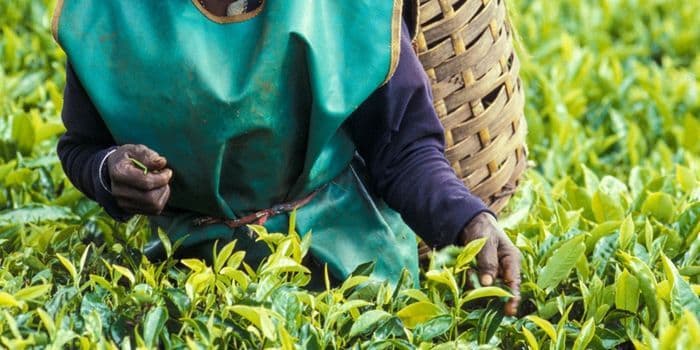Top 10 African countries with the highest government overall balance in Africa
November 6, 2023 4:35 PM
Top 10 African countries with the highest government overall balance in Africa
- Business Insider Africa presents the top 10 African countries with the highest overall government balance in Africa.
- This list is courtesy of the IMF’s Fiscal Monitor Report.
- According to the IMF, the overall fiscal balance refers to net lending and borrowing by the general government.
Within the field of macroeconomics, the total government balance is a vital indicator of a country’s fiscal well-being and public financial management.
The term “overall government balance” typically refers to the difference between government revenue and government expenditure, taking into account all sources of revenue and all types of spending.
According to the IMF, the overall fiscal balance refers to net lending and borrowing by the general government. In some cases, however, the overall balance refers to total revenue and grants minus total expenditure and net lending.
The IMF’s Fiscal Monitor Report for October detailed the overall balance of every nation including advanced economies, emerging and developing economies, and low-income countries.
ADVERTISEMENT
The fiscal gross and net debt data reported in the Fiscal Monitor are drawn from official data sources and IMF staff estimates.
The average overall balance for Sub-Saharan African countries is -4.0, compared to Asia’s -3.3, and Latin America’s -1.2, under the low-income developing countries bracket.
Below are the ten African countries with the highest overall government balance in Africa.
| Rank | Country | Government Overall Balance 2023 (% of GDP) |
|---|---|---|
| 1. | Chad | 8.3 |
| 2. | Congo | 4.1 |
| 3. | Cameroon | -0.8 |
| 4. | Angola | -1.9 |
| 5. | DRC | -2.0 |
| 6. | Guinea | -2.3 |
| 7. | Ethiopia | -2.7 |
| 8. | Mozambique | -2.8 |
| 9. | Tanzania | -3.3 |
| 10. | Madagascar | -3.9 |
Meanwhile, Uganda and Vitol Bahrain have chosen the Dar es Salaam port in the capital city of Tanzania as its entry point for its oil imports. This was done in an effort to foster the relationship between both East African countries. The move follows Vitol Bahrain’s procurement of a contract from Uganda National Oil Business (UNOC), that allows it to supply Uganda’s oil.
Port Of Dar-es-Salaam
The move also precedes Uganda’s decision to end its dependence on Kenya for its oil imports. A few weeks ago, a bill allowing Uganda National Oil Business (Unoc), a state-owned oil company, to purchase and deliver oil to the country’s internal market was approved by the Ugandan cabinet.
The purpose of the bill is to abolish the current process of importing oil via Kenyan distributors.
Regarding a hidden agreement Kenya made with the UEA and Saudi Arabia, Ugandan authorities and oil merchants voiced their dissatisfaction with Kenya. The Ugandan officials pointed out that the agreement would expose neighboring nations to high pump costs.
This information originated from details received from meeting minutes obtained by the Kenyan news website Business Daily.
This schism also has the potential to affect dollar exchange rates between the two countries at a time when the government sorely needs the greenback to pay for petroleum imports.
All petroleum products are imported and used for trade in Uganda. Dr. Nankabirwa claims that the port of Mombasa in Kenya gets around 90% of these goods, with the remaining 10% arriving via the port of Dar es Salaam in Tanzania.
Vitol Bahrain has now promised to fund a collaborative project at Namwambula Mpili with UNOC in order to expand the facility’s capacity and add 320 million liters of storage capacity.
Vitol Bahrain, an independent worldwide firm with a significant presence in the East African nation, is characterized by Dr. Nankabirwa as a strategic partner with a projected turnover of $505 billion in 2022.




